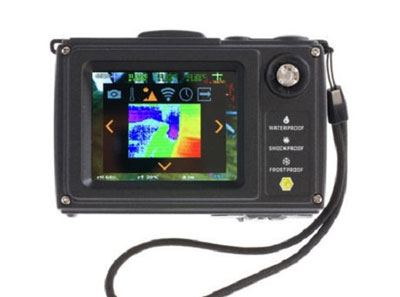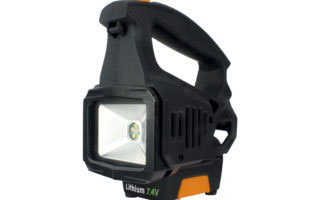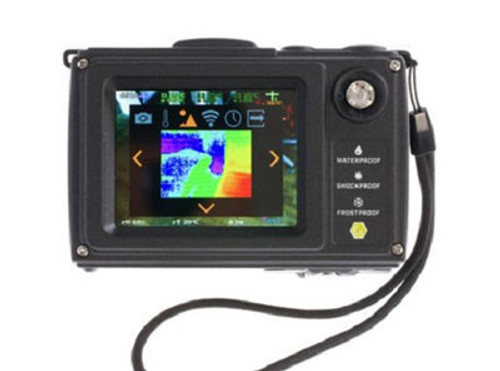The Importance of Intrinsically Safe Equipment
An essential element of technical work, no matter your industry, is preventing fire or explosions. No business wants to be responsible for death, injury or damage caused as a result of their work. Using intrinsically safe equipment when completing installations or other jobs in hazardous areas is a key strategy for avoiding accidents.

What Does “Intrinsically Safe” mean?
Intrinsic safety is a design feature of equipment being used in hazardous areas. The definition of intrinsically safe equipment is equipment that prevents fires and explosions by reducing the amount of available energy, electrical or thermal, to the point where it is too low to cause ignition. Avoiding ignition also requires minimizing the maximum temperatures.
A range of equipment can be found in intrinsically safe forms, including thermal cameras, gas detectors and flashlights. Intrinsically Safe equipment provides the same quality of performance and uses the same parts as non-certified equipment. The difference is that certified devices are design to limit the energy stored and the heat generated as a precaution to prevent accidents.

The Promise of a Job Well Done at Lower Cost & Risk
Intrinsically Safe devices can become a cost saver. While often pricier than non-certified alternatives, certified devices can help you avoid the cost and bulk of explosion proof equipment when it is not absolutely necessary. Intrinsically Safe equipment can also be used with standard instrumentation cables. Even more costs are saved because smaller projects like maintenance and diagnostic work can be performed safely without a complete ventilation and shut down of the work area. Additionally, insurance premiums are sometimes lower due to the reduction in risk offered by Intrinsically Safe equipment.
Intrinsically safe products should be a no-brainer for anyone working in areas with exposure to flammable gases or other hazards. This step of precaution will both prevent accidents and save you costs in the long run.


 LiveSupporti
LiveSupporti